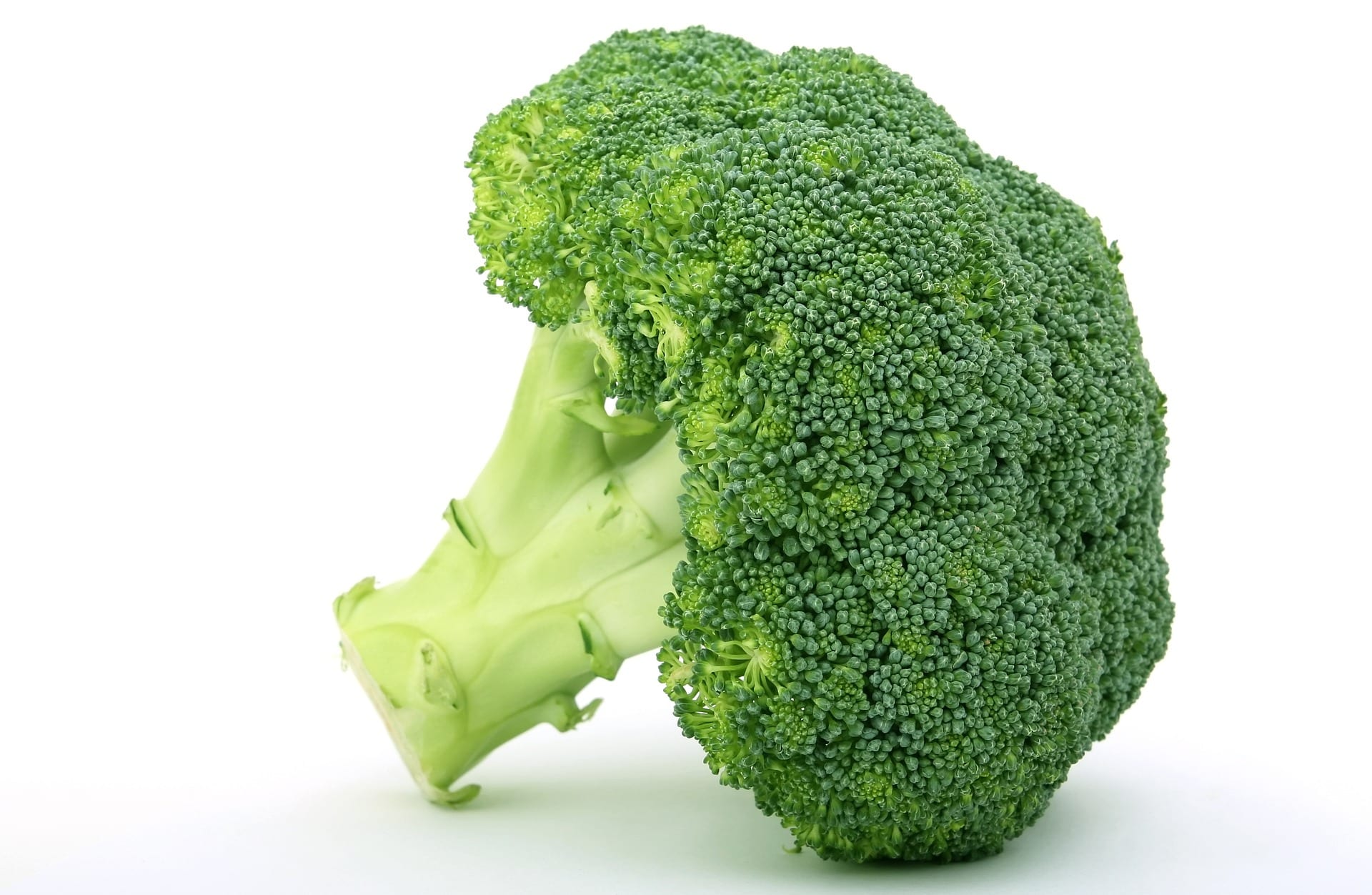The German organization Foodwatch focused on the protection of consumer rights and the quality of food, has produced a report denouncing what animals suffer today. The report is entitled "Animal suffering in the shopping cart." Foodwatch has made this report to denounce that the majority of animals that are raised for human consumption suffer from diseases that make them suffer. According to the German protector, this not only happens in conventional production, the animals also suffer in organic production.
The "Animal Suffering in the Shopping Cart" contains studies carried out in Germany from the year 2017 to 2022. These studies have been carried out with the help of veterinary experts.
How much and what do animals suffer?
For Foodwatch, the data obtained after the study is devastating. One of the most striking data is the suffering and diseases suffered by pigs during their upbringing. The report revealed that approximately 40% of conventionally bred pigs suffer from health problems such as stomach ulcers, pneumonia, open wounds, inflammations, infections, etc. The data in organic production are not very encouraging, since 35% also suffer from these health problems mentioned above. This raises doubts, since, then, what is organic production worth if it does not considerably reduce these risks?
As for the cows, the figures continue to be similar to the suffering of the pigs, 39% of the cows suffer infections in the udders and hooves.
Without a doubt, the most devastating data is in chickens, since 97% of laying hens have broken bones, in both types of production. A fact that raises doubts about organic production, in both productions, the animals should not suffer, but from the ecological way conventional production is denounced and in turn differ from this production. The vast majority of food bought in supermarkets comes from animals that have health problems.
What does Foodwatch think?
For Foodwatch, the public debate is focused on new certifications and conversion of breeding areas. The study has revealed that animals suffer from diseases in both industrial and organic production. The German organization considers that the most important are the practices that are carried out on the farms, and not the topics about whether there is more straw on the ground, or that the animals have more space.
Foodwatch defends that livestock is very complex. For them, many farmers are not ready to practice this profession. They insist that more should be invested in their training, and thus improve the lives of animals. The data from this study are only from the German country, but can be extrapolated to the rest of the European Union, since the trend is similar.
What solutions does Foodwatch propose?
In Germany, there is no law that requires farm owners to keep their animals perfectly healthy, in either type of production. The German Federal Ministry of Agriculture has announced that it will introduce a label on products that have a good quality of animal husbandry. For Foodwatch, this is not a solution, as it simply provides information on differences in the way animals are kept, leaving their health status aside. The German organization has developed three basic points to improve the quality of life of animals during their upbringing:
- Systematically record the health status of animals on all farms.
- Introduce a health index that allows comparisons to be made and to know which farms have sick animals, or perfectly carry out their mission to keep the animals healthy.
- Help farms where their animals are in poor health. In case the farms do not rectify and improve the state of their animals, impose serious consequences on them, such as cutting agricultural subsidies or prohibiting them from raising animals. On the other hand, encourage and reward farmers who do their job well.
To achieve this goal, Foodwatch has started a signature collection, with the aim of putting pressure on the country's Federal Minister of Food and Agriculture.







